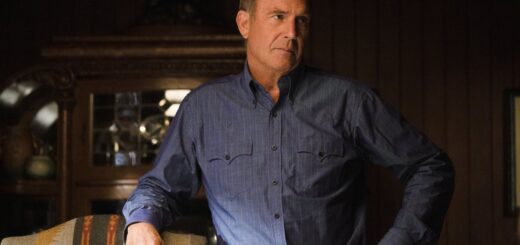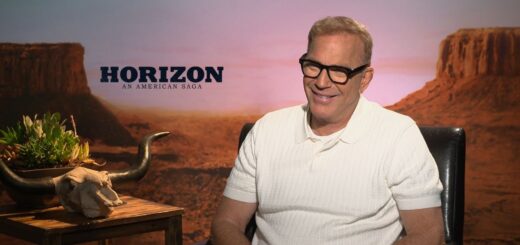“Kevin Costner’s Costly Misstep: How One Regret Derailed the Western Genre for Decades”
Kevin Costner’s Western Obsession: A Love Story That Buried the Genre
Kevin Costner’s Wyatt Earp is to his career what Green Lantern is to Ryan Reynolds—a costly regret that won’t fade with time. Despite the success of Yellowstone, which revitalized his public image, Costner’s long-standing romance with the Western genre has done more harm than good.
Costner has always been enamored with the mythology of the American frontier, sometimes to the detriment of his own career. His decision to pour personal savings into Horizon: An American Saga—a four-part Western epic—feels less like a business venture and more like a last-ditch passion project. But passion alone isn’t enough when audiences have clearly moved on.
Horizon represents a genre within a genre: a sweeping, cinematic tribute to the American Midwest told through the lens of long-form storytelling. While it may earn credit decades from now as a forgotten epic, right now it risks becoming just another footnote in the decline of the Western.
Kevin Costner’s Rocky History with Westerns
Without the creative talents of Michael Blake (Dances with Wolves) and Taylor Sheridan (Yellowstone), Costner’s Western legacy would be more tragic than triumphant. While those projects highlighted his strengths, many of his other ventures—most notably Wyatt Earp—have derailed his reputation and damaged the genre’s standing in Hollywood.
Wyatt Earp (1994), directed by Lawrence Kasdan, was Costner’s critical misstep. Clocking in at over three hours and trying to compress the entirety of Earp’s complex life into one film, it came across more like a sprawling historical documentary than a compelling Western. Released just six months after Kurt Russell’s Tombstone, the film suffered both critically and commercially.
Costner has since admitted regret over the competition between the two projects, saying:
“We got into a kind of space race. I always regretted that.”
In contrast, Tombstone embraced the grit, action, and swagger of the genre, becoming a cult classic. Wyatt Earp, meanwhile, sank under its own weight—too slow, too serious, and too unfocused to leave a lasting impact.
The Man Who Loved the West Too Much
After Clint Eastwood gradually stepped away from the genre in the late 20th century, Kevin Costner emerged as the de facto face of the Western. While Kurt Russell picked his projects wisely, Costner often chose scale over substance. Wyatt Earp was the result of that ambition—a film that tried to do too much and ended up doing little right.
Earp’s real-life story is rich with contradictions: a lawman, outlaw, gambler, and avenger all rolled into one. It’s a tale that defies simplification. But instead of focusing on a singular, emotionally resonant narrative, Costner attempted to humanize Earp in ways that felt forced and overly sympathetic. In doing so, he lost the drama and edge that makes Westerns compelling.
The failure of Wyatt Earp sent a clear message to Hollywood: the age of the Western was over. In the decades that followed, studios shifted focus to superheroes, dystopias, and high-tech fantasies.
Why Horizon May Be Too Late
Costner’s Horizon is both a swan song and a gamble—a four-part saga in a time when audiences crave concise, digestible entertainment. While it may be artistically ambitious, its box office potential is uncertain at best.
In truth, Horizon may not resurrect the Western genre, but it might serve as a worthy final chapter—one last hurrah before the curtain closes for good. Whether the world is ready for it or not, Costner is once again betting everything on the genre he loves most.


